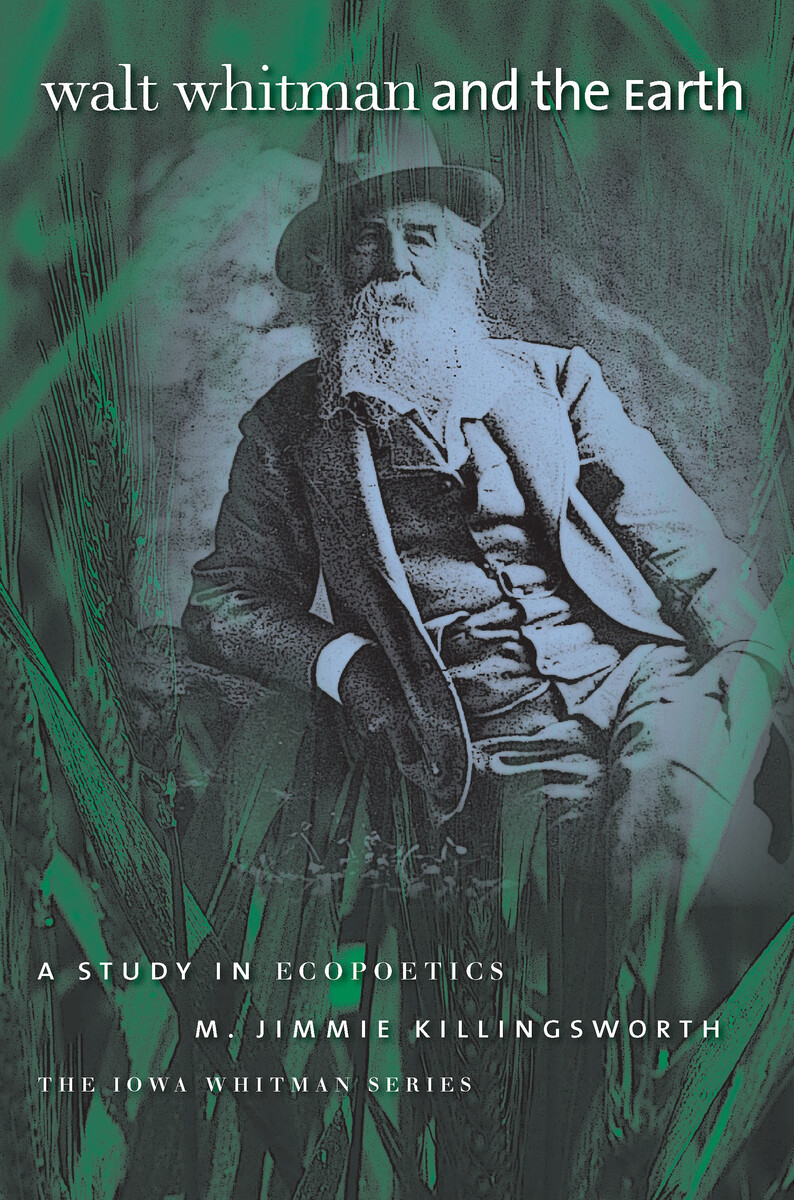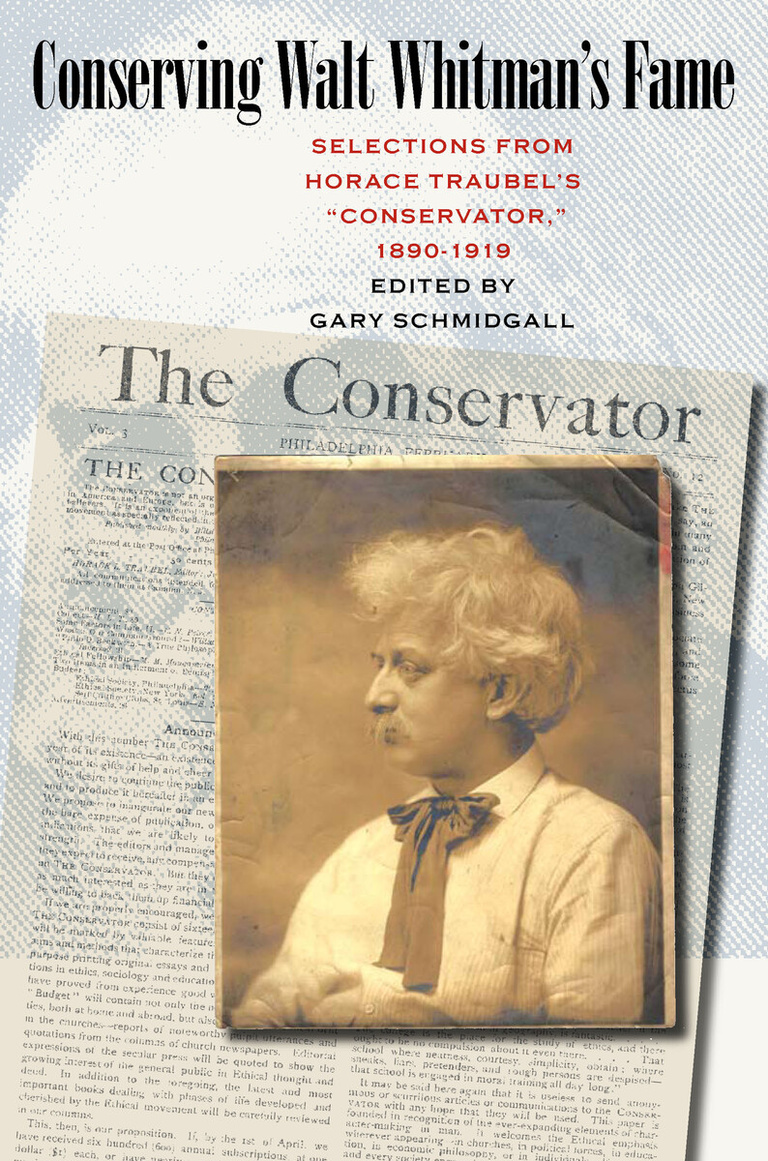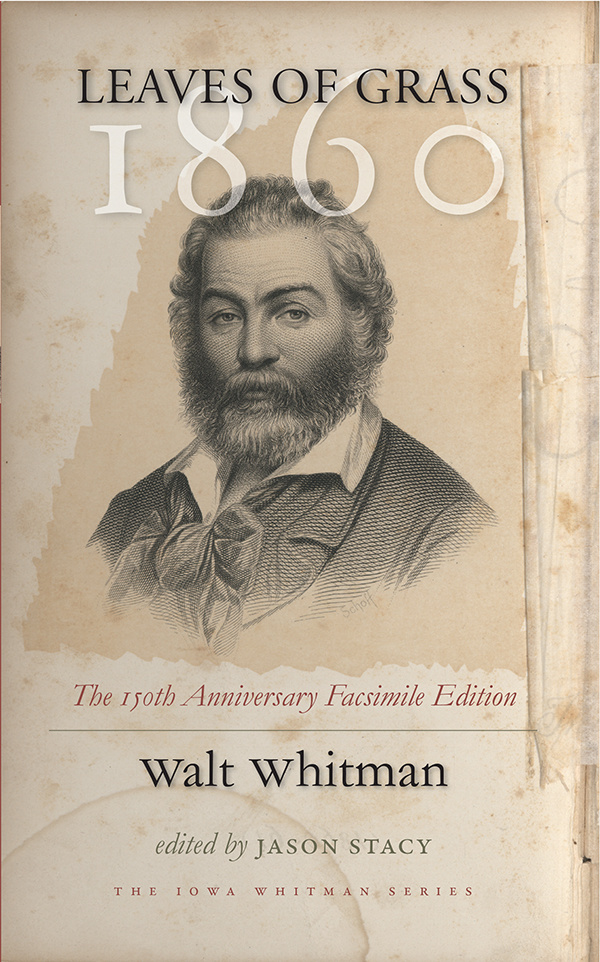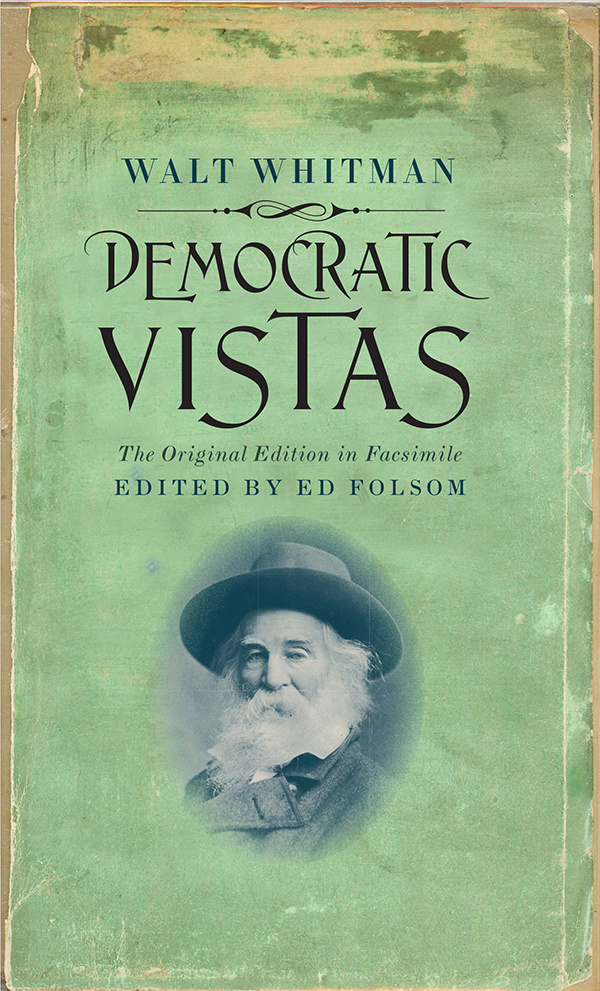Now I am terrified at the Earth, it is that calm and patient,
It grows such sweet things out of such corruptions,
It turns harmless and stainless on its axis, with such endless successions of diseas’d corpses,
It distills such exquisite winds out of such infused fetor,
It renews with such unwitting looks its prodigal, annual, sumptuous crops,
It gives such divine materials to men, and accepts such leavings from them at last.
—Walt Whitman, from “This Compost”
How did Whitman use language to figure out his relationship to the earth, and how can we interpret his language to reconstruct the interplay between the poet and his sociopolitical and environmental world? In this first book-length study of Whitman’s poetry from an ecocritical perspective, Jimmie Killingsworth takes ecocriticism one step further into ecopoetics to reconsider both Whitman’s language in light of an ecological understanding of the world and the world through a close study of Whitman’s language.
Killingsworth contends that Whitman’s poetry embodies the kinds of conflicted experience and language that continually crop up in the discourse of political ecology and that an ecopoetic perspective can explicate Whitman’s feelings about his aging body, his war-torn nation, and the increasing stress on the American environment both inside and outside the urban world. He begins with a close reading of “This Compost”—Whitman’s greatest contribution to the literature of ecology,” from the 1856 edition of Leaves of Grass. He then explores personification and nature as object, as resource, and as spirit and examines manifest destiny and the globalizing impulse behind Leaves of Grass, then moves the other way, toward Whitman’s regional, even local appeal—demonstrating that he remained an island poet even as he became America’s first urban poet. After considering Whitman as an urbanizing poet, he shows how, in his final writings, Whitman tried to renew his earlier connection to nature.
Walt Whitman and the Earth reveals Whitman as a powerfully creative experimental poet and a representative figure in American culture whose struggles and impulses previewed our lives today.
“Jimmie Killingsworth engages his critical precursors in a spirit that is civil in the best sense: showing wide awareness of Whitman studies without falling into pedantry, generously acknowledging debts to colleagues while declining to bind himself too tightly to any one of them.”—Lawrence Buell, author of The Environmental Imagination and Writing for an Endangered World
“One of Killingsworth’s most illuminating arguments is that while Whitman was establishing himself as an urban poet he was simultaneously staking his claim as ‘an island poet of the northeastern coastline of America, a poet belonging to a special location, for him a sacred place.’ He contends that Whitman was at his best, and most relevant, when his concerns were local or regional rather than global or universal. Summing up: Essential. All collections; all levels.”—Choice



